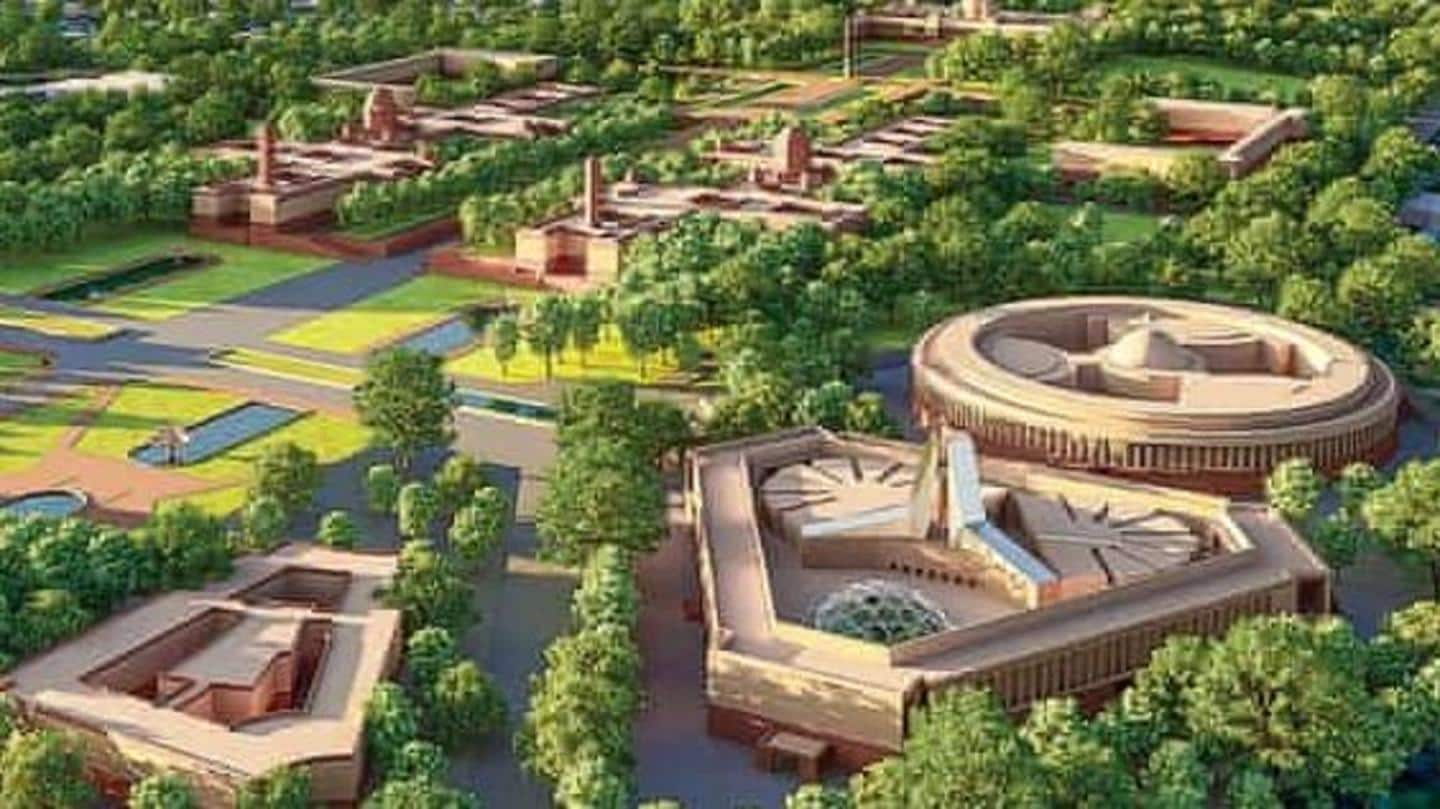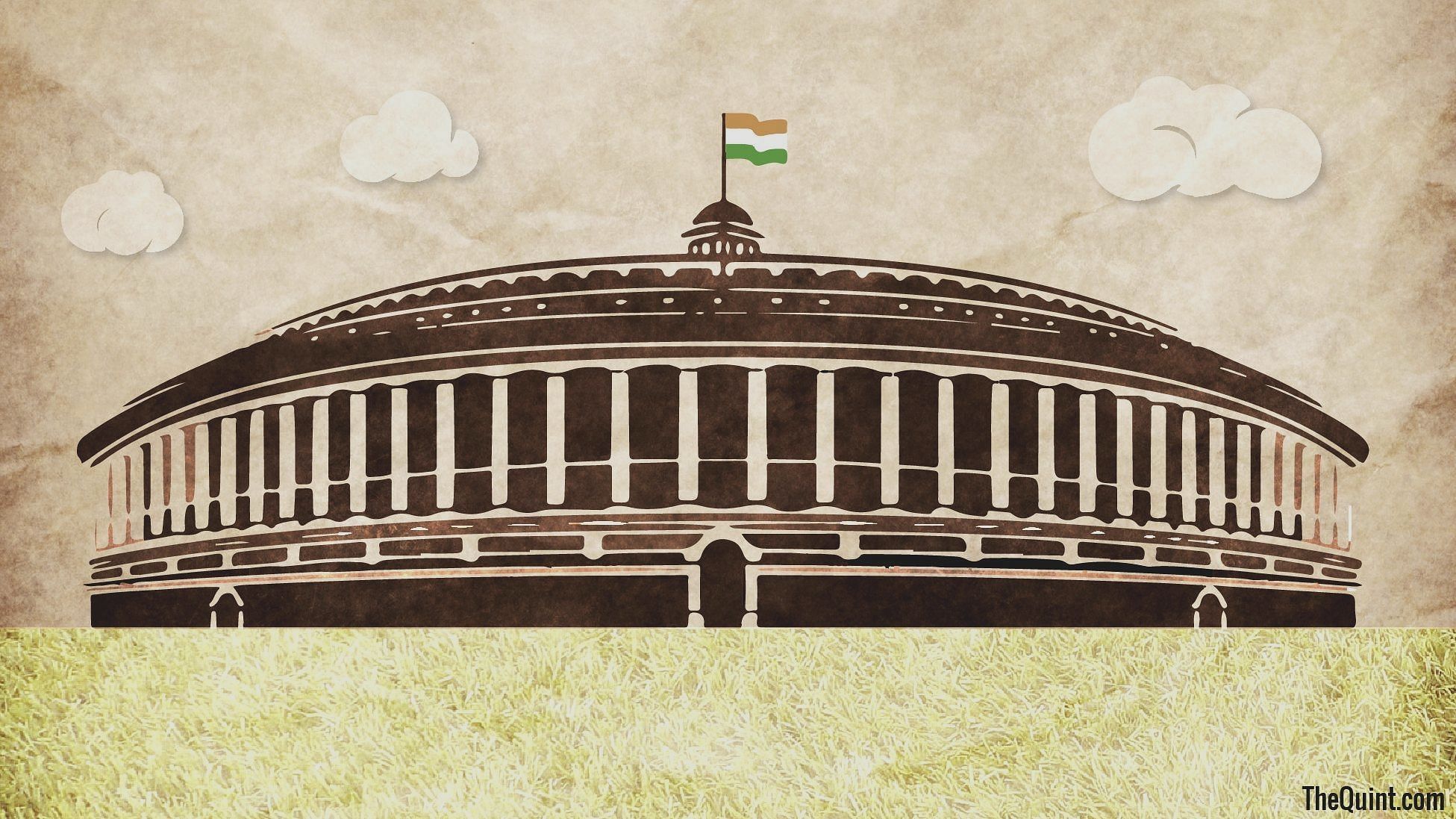Table Of Content

Each House is the guardian of its privileges, and may punish breaches thereof. Sir William Blackstone states that these privileges are "very large and indefinite," and cannot be defined except by the Houses of Parliament themselves. Formerly, the demise of the Sovereign automatically brought a Parliament to an end, the Crown being seen as the caput, principium, et finis (beginning, basis and end) of the body, but this is no longer the case. Under the Representation of the People Act 1867 Parliament can now continue for as long as it would otherwise have done in the event of the death of the Sovereign. The State Opening of Parliament is an annual event that marks the commencement of a session of the Parliament of the United Kingdom. Before 2012, it took place in November or December,[17] or, in a general election year, when the new Parliament first assembled.
Parliament in Recent History
During this period, civil rights were expanded and power shifted from the monarch to parliament. The House of Lords is the less powerful of the two houses as a result of the Parliament Acts 1911 and 1949. These Acts removed the veto power of the Lords over a great deal of legislation.
Parliament of India
It was also established that the most important tenants-in-chief and ecclesiastics be summoned to the council by personal writs from the sovereign, and that all others be summoned to the council by general writs from the sheriffs of their counties. Modern government has its origins in the Curia Regis; parliament descends from the Great Council, later known as the parliamentum, established by Magna Carta. The two red lines on the floor of the House of Commons are 2.5 metres (8 ft 2 in)[24] apart, which, by apocryphal tradition, is intended to be just over two sword-lengths. It is said that the original purpose of this was to prevent disputes in the House from degenerating into duels. In the days when gentlemen carried swords, there were no lines in the Chamber.[98][99] Protocol dictates that MPs may not cross these lines when speaking; a Member of Parliament who violates this convention will be lambasted by opposition Members.
Lok Sabha
UK Parliament approves controversial Rwanda deportation bill - FRANCE 24 English
UK Parliament approves controversial Rwanda deportation bill.
Posted: Tue, 23 Apr 2024 07:00:00 GMT [source]
In fact, Republicans have blown up a staggering seven "rules" on the House floor since last summer. In other words, Republicans are voting against bringing their own bills to the floor. The House had only witnessed two rules lose on the floor since the late 1990s.
After the reforms of 1410, the veche was restructured on a model similar to that of Venice, becoming the Commons chamber of the parliament. An upper Senate-like Council of Lords was also created, with title membership for all former city magistrates. Some sources indicate that veche membership may have become full-time, and parliament deputies were now called vechniks. It is recounted that the Novgorod assembly could be summoned by anyone who rung the veche bell, although it is more likely that the common procedure was more complex. The whole population of the city—boyars, merchants, and common citizens—then gathered at Yaroslav's Court.
Thus, the borough of Old Sarum, with seven voters, could elect two members, as could the borough of Dunwich, which had almost completely disappeared into the sea due to land erosion. Information about all receipts and expenditures of representatives, committees, leadership, and officers of the House. During their brief rule, Parliament was once again elevated to having law-making powers. In fact, when Mary and William died (in 1694 and in 1702, respectively), the legislature established new protocols for succession, and named George of Hanover king. From 1603 to 1660, the country was mired in a drawn-out civil war and, for a time, military leader Oliver Cromwell assumed power under the title Lord Protector. In 1414, Henry IV’s son, Henry V, assumed the throne and became the first monarch to acknowledge that the approval and consultation of both houses of Parliament was required to make new laws.
Kings insisted on their ancient prerogative to promulgate laws independently of the Cortes. The compromise, in theory, was that ordinances enacted in Cortes could only be modified or repealed by Cortes. Although its role in government had expanded significantly in the mid 16th century, the Parliament of England saw some of its most important gains in the 17th century. A series of conflicts between the Crown and Parliament culminated in the execution of King Charles I in 1649. For a brief period, England became a commonwealth, with Oliver Cromwell the de facto ruler, with the title of Lord Protector. Frustrated with its decisions, Cromwell purged and suspended Parliament on several occasions.

No specific qualifications are prescribed for being elected Speaker; the Constitution only requires that Speaker should be a member of the House. But an understanding of the Constitution and the laws of the country and the rules of procedure and conventions of Parliament is considered a major asset for the holder of the office of the Speaker. Vacation and resignation of, and removal from, the offices of Speaker and Deputy Speaker are mentioned under Article 94 of the Constitution of India. As per Article 94 of the Indian Constitution, a Speaker or a Deputy Speaker should vacate their office, a) if they cease to be a member of the House of the People, b) they resign, or c) is removed from office by a resolution of the House passed by a majority. A division is one of the forms in which the decision of the House is ascertained.
Originally named "Octagon Hall" because of its shape, the Central Lobby is the heart of the Palace of Westminster. It lies directly below the Central Tower and forms a busy crossroads between the House of Lords to the south, the House of Commons to the north, St Stephen's Hall and the public entrance to the west, and the Lower Waiting Hall and the libraries to the east. The normal period of notice does not apply to short-notice questions that relate to matters of urgent public importance. However, a short-notice question may be answered only on short notice if so permitted by the Speaker and the Minister concerned is prepared to answer it at shorter notice.

St. Stephen’s Chapel was used by 1550 for the meetings of the House of Commons, held previously in the chapter house of Westminster Abbey; the Lords used another apartment of the palace. A fire in 1834 destroyed the whole palace except the historic Westminster Hall, the Jewel Tower, the cloisters, and the crypt of St. Stephen’s Chapel. As per Article 93 of the Indian Constitution, the Lok Sabha has a Speaker and a Deputy Speaker. In the Lok Sabha, both presiding officers — the Speaker and the Deputy Speaker — are elected from among its members by a simple majority of members present and voting in the House.
Later the photograph is enlarged and the names of members who voted 'Ayes' and for 'Noes' are determined with the help of the photograph and incorporated in Lok Sabha debates. On some days the sittings are continuously held without observing lunch break and are also extended beyond 6 p.m. Lok Sabha does not ordinarily sit on Saturdays and Sundays and other closed holidays. Parliament has been suspended only once in the history of Malaysia, in the aftermath of the 13 May race riots in 1969.
Other amendments can technically be proposed, but in practice have no chance of success unless the parties in the House are closely divided. Parliamentary procedure in the House is governed by a commitment to stand by precedent, known as the principle of stare decisis. This principle ensures that the House conducts business in a consistent and reliable way. The lawyers and clerks in the Office of the Parliamentarian compile the parliamentary precedents that guide the House on questions of legislative procedure. The present-day Parliament is a bicameral (“two chambers”) legislature with a House of Lords and a House of Commons.
But after the War of the Spanish Succession and the victory of another royal house – the Bourbons – and King Philip V, their Cortes were suppressed (those of Aragon and Valencia in 1707, and those of Catalonia and the Balearic islands in 1714). The name of the parliament of nowadays Russian Federation is the Federal Assembly of Russia. The term for its lower house, State Duma (which is better known than the Federal Assembly itself, and is often mistaken for the entirety of the parliament) comes from the Russian word думать (dumat), "to think". The Boyar Duma was an advisory council to the grand princes and tsars of Muscovy. The Duma was discontinued by Peter the Great, who transferred its functions to the Governing Senate in 1711. Today the term lives on in the official names of national legislatures and other institutions in the North Germanic[clarification needed] countries.
In the first half of 2024, some election officials in the state are running five elections, one after another. This year, after the March 5 primary election, losing Republican candidates in Dallas and Tarrant counties requested recounts. One of them, Barry Wernick, lost his bid to represent Texas House District 108 in Dallas County to incumbent state Rep. Morgan Meyer by more than 500 votes out of around 26,000 votes cast in the race. The recount found a difference of 15 votes in the race, not enough to change the outcome.
In case of a Hung Parliament, the party with the most seats has the opportunity to form a coalition with other parties, so their combined seat tally extends past the 326-seat majority. Universal adult suffrage exists for those 18 and over; citizens of the United Kingdom, and those of the Republic of Ireland and Commonwealth nations resident in the United Kingdom, are qualified to vote, unless they are in prison at the time of the election. The term of members of the House of Commons depends on the term of Parliament, a maximum of five years; a general election, during which all the seats are contested, occurs after each dissolution (see below). Most of the business of drafting a bill or amendments is initially discussed and debated in the parliamentary committees. Since the time for legislation is limited, the work of all departments of the government and any special focus tasks are delegated to the committees, wherein the committees shall prepare the initial draft of the bill/amendment for consideration by both the houses. In some parliamentary systems, the prime minister is a member of the parliament (e.g. in the United Kingdom), whereas in others they are not (e.g. in the Netherlands).

No comments:
Post a Comment